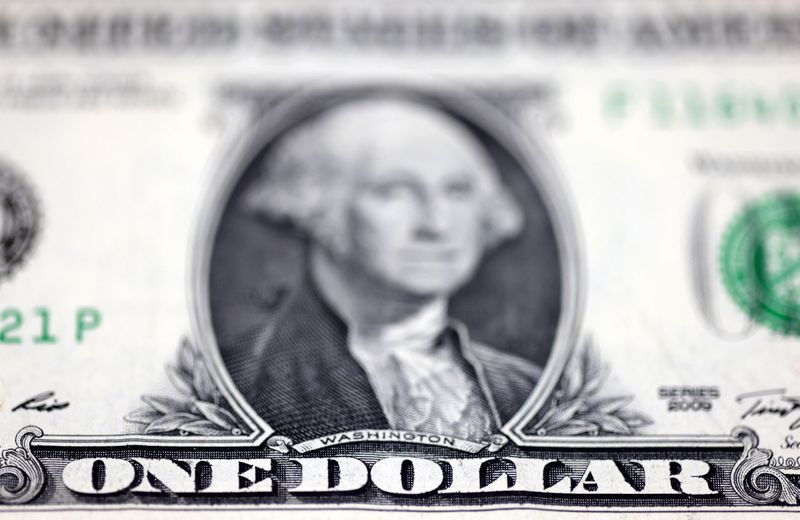By Karen Brettell
NEW YORK (Reuters) – The U.S. dollar hit a five-month high against the Japanese yen on Thursday on expectations that the dollar would get a boost next year from policies by Donald Trump’s new administration, which are expected to will stimulate growth and increase inflation.
Trading volumes were light on Thursday, with many traders on holiday after Wednesday’s Christmas holiday and before next week’s New Year’s holiday.
Relaxed business rules and tax cuts are expected to boost U.S. growth next year, while analysts say curbs on illegal immigration and the prospect of new tariffs on trading partners could increase price pressures and weigh on the economy in the longer term.
That has given the dollar a boost against its peers, although there is still a lot of uncertainty about exactly what policies will be implemented and what their impact will be.
Growing doubts about how many rate cuts the Federal Reserve will be able to make next year have contributed to the dollar’s rally in recent weeks.
The US central bank cut interest rates by 25 basis points last week as expected and Fed Chairman Jerome Powell said further cuts in borrowing costs now depend on further progress in reducing stubbornly high inflation.
Fed policymakers have raised their inflation expectations for 2025 and lowered their interest rate forecast from 100 basis points to 50 basis points for the full year.
Money market traders are currently pricing in a 38 basis point cut for next year, implying that they see a roughly 50% chance that the Fed will make a second 25 basis point cut.
Data on Thursday showed the number of Americans filing new claims for unemployment benefits fell to a one-month low last week, consistent with a cooling but still healthy US labor market.
U.S. retail sales also rose 3.8% between Nov. 1 and Dec. 24, as intense promotion to boost sales in what was expected to be a highly competitive holiday season for retailers led to last-minute shopping among consumers.
The latter recorded an increase of 0.02% at 108.13. It is just below the two-year high of 108.54 reached on Friday.
The euro rose 0.13% to $1.0418. The common currency fell to $1.03435 on Friday, its lowest level since November 22.
The dollar rose 0.35% to 157.93 Japanese yen, having previously reached 158.09, the highest level since July 17.
The Japanese yen has suffered from the large interest rate differential between the United States and Japan.

The Bank of Japan expects the economy to move closer to sustainably achieving the central bank’s 2% inflation target next year, Governor Kazuo Ueda said on Wednesday, suggesting the timing of the next rate hike was close.
In cryptocurrencies, Bitcoin fell 2.88% to $95,598.


